The Psychological Impact of Being Traded on Athletes
1 March 2025
Trades are a fundamental part of the sports world, right? From blockbuster deals that shake entire leagues to smaller, more strategic trades, athletes often find themselves packing their bags and heading to a new city. But while fans and analysts focus on the stats, the contracts, and the potential outcomes for teams, something gets lost in all that chatter—how trades impact the athletes themselves. Specifically, what does it do to their minds? How does it feel to be uprooted and sent somewhere new, often without any say in the matter?
Let’s dive into the psychological impact of being traded on athletes. Spoiler alert: it's not as simple as just switching jerseys.

The Emotional Rollercoaster of Being Traded
The Initial Shock Factor
Imagine this—you're at work, doing what you do best, and suddenly you get a call from your boss saying, "Hey, you're going to work for our competitor. Pack up your desk." Shocking, right? Now imagine that scenario, but in the context of professional sports, where your entire life—personal and professional—can change in an instant.Many athletes describe the moment they find out they've been traded as a surreal experience. Sure, some may have anticipated it, but even then, the finality of the moment hits hard. The initial reaction? Shock. It’s like being blindsided. One minute you're rooted in a city, playing with teammates you've grown close to, and the next, you're expected to adapt to a whole new environment.
But here's the kicker—it's not just a job change. We're talking about uprooting your family, leaving behind friendships, and adapting to a new cultural and team dynamic. It’s overwhelming, to say the least.
A Sense of Betrayal
Athletes often develop deep loyalties to their teams, and being traded can sometimes feel like a betrayal. Imagine dedicating years of hard work, sweat, and loyalty to an organization, only to be told that you’re no longer part of the plan. Ouch.For many athletes, this triggers feelings of rejection. It’s only natural to ask, "Why me? Am I not good enough?" Even though trades are often more about business than personal performance, it’s difficult to avoid taking it personally.
In some cases, athletes might have invested heavily in the community, making friends, and even starting charitable foundations. When they're traded, it’s not just their professional life that gets disrupted—it’s their entire world.
The Uncertainty of the Future
Another major psychological hurdle? Uncertainty. Athletes don’t always get to choose where they’re traded. One day, they may be living in sunny California, and the next, they’re moving to another state with a completely different climate, culture, and fanbase.And let’s not forget the professional uncertainty. Will the new team value them the same way the old one did? Will they get the same playing time? Or will they be benched, struggling to fit into a new system that doesn’t play to their strengths?
This uncertainty can lead to heightened anxiety. Athletes, like anyone else, crave stability. After all, how can you perform at your best when you don’t even know what tomorrow holds?

The Social and Familial Impact of a Trade
Uprooting Personal Relationships
Trades don’t just impact athletes on the field—they also wreak havoc on their personal lives. Think about it: moving to a new city means leaving behind a social network that may have taken years to build. Athletes often have to leave behind friends, neighbors, and even extended family members.And it’s not just about the athlete. Many professional athletes have families—spouses, kids, and even pets—that are affected by a trade. Suddenly, their partner might have to leave their job, and their children might have to switch schools. It's not easy.
The stress of moving and adjusting to new surroundings can place a significant strain on family relationships. What was once a stable and predictable routine is now a whirlwind of change. It’s no wonder that some athletes report feeling isolated or overwhelmed after being traded.
The Role of Support Systems
However, it’s not all doom and gloom. Many athletes find strength in their support systems. Whether it’s their family, close friends, or even their teammates, having a network of people who understand and care for them can make the transition easier.In fact, some athletes have even said that the trade experience brought them closer to their loved ones. It’s one of those “what doesn’t kill you makes you stronger” situations. The challenges of adjusting to a new environment can force athletes and their families to bond together and work through the difficulties as a team.
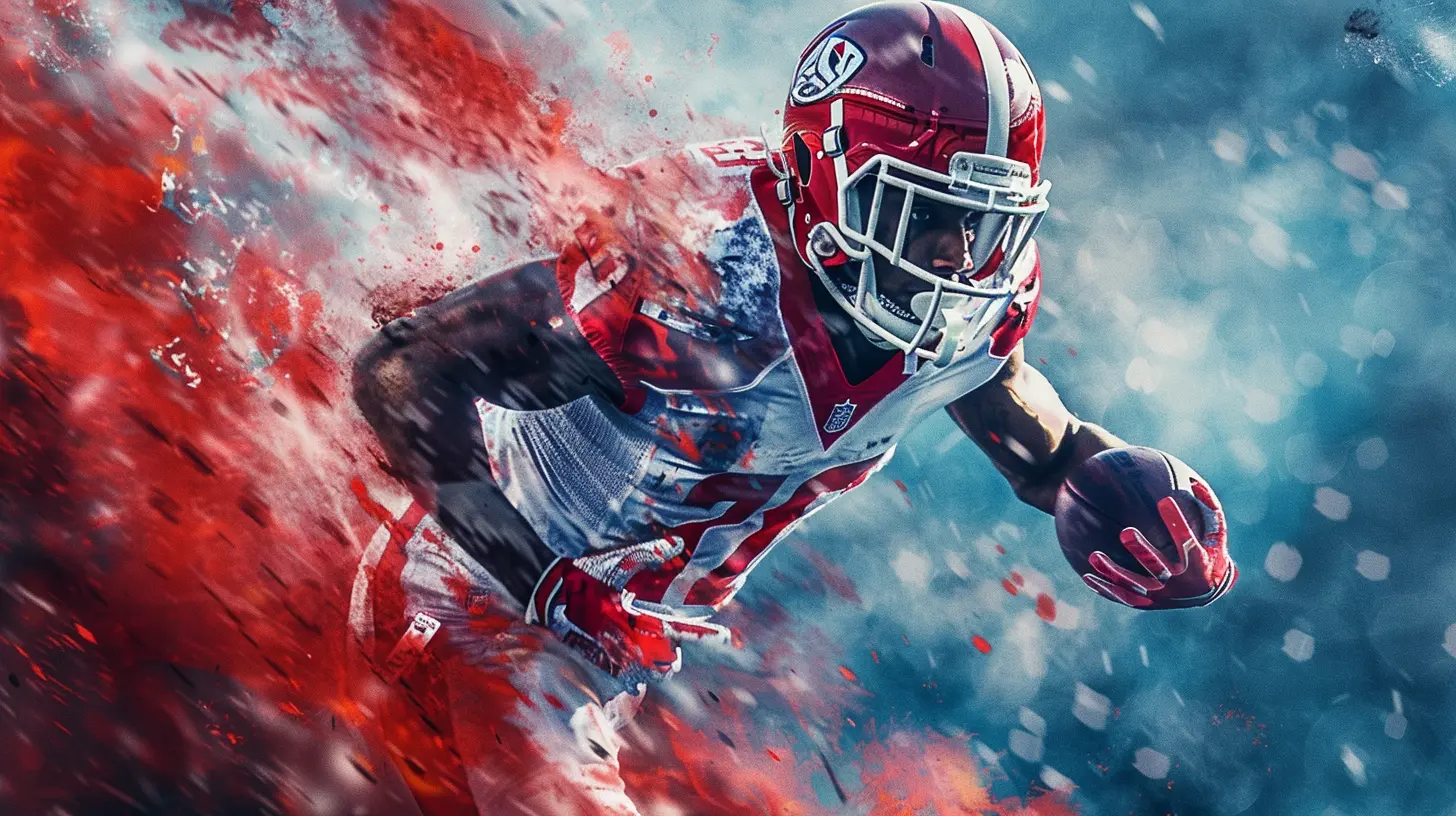
Performance Anxiety and Self-Doubt
Pressure to Perform
When athletes are traded, there’s often a lot of pressure to prove themselves. After all, they’re the “new guy” on the team. Expectations are high, and they have to adapt quickly to a new system, new teammates, and potentially even a new coach. This pressure can lead to performance anxiety, where the athlete is constantly worried about making mistakes or not living up to the expectations placed upon them.Let's be honest—athletes are human. They’re not immune to the same feelings of self-doubt that the rest of us experience. Even the most seasoned professionals can feel the weight of needing to prove themselves all over again.
Impact on Confidence
For some athletes, being traded can deal a blow to their confidence. If the trade was seen as a “downgrade”—for instance, if they were sent from a championship-contending team to a struggling franchise—they might feel like their skills or value are being questioned.This can lead to a loss of self-esteem, causing athletes to second-guess their abilities. After all, if the team they gave their all to didn’t want them anymore, what does that say about them as a player? These thoughts can spiral quickly, leading to a drop in performance, which only reinforces the feelings of self-doubt.

Coping Strategies and Mental Health Support
Seeking Professional Help
Thankfully, the stigma around mental health in sports is starting to lift. More athletes are opening up about the struggles they face, and many teams now offer mental health resources to help players cope with the psychological toll of trades.Sports psychologists can provide invaluable support during this time. They help athletes reframe negative thoughts, manage their anxiety, and focus on what they can control. This mental training is just as important as physical training when it comes to performing at the highest level.
Developing Resilience
Being traded can be a blessing in disguise for some athletes. It forces them to develop resilience, adaptability, and mental toughness. These are qualities that not only help them on the field but also in life.Athletes who can embrace the challenge and view it as an opportunity for growth often come out stronger on the other side. They learn to adapt to new environments, build new relationships, and prove their worth—again and again.
Case Studies: Athletes Who Thrived After Being Traded
LeBron James
Okay, let's talk about LeBron James. While he wasn’t exactly traded, he made a few high-profile team changes throughout his career. Each move came with immense pressure and scrutiny, but LeBron consistently rose to the occasion. His ability to adapt, lead, and perform at elite levels, regardless of his surroundings, has made him one of the greatest players of all time.LeBron's moves—from Cleveland to Miami, back to Cleveland, and then to Los Angeles—showcase how change doesn’t have to break an athlete. It can make them stronger and more versatile.
Randy Moss
Remember Randy Moss? The Hall of Famer wide receiver was traded several times during his career, but it was his move to the New England Patriots that revived his career. He set a single-season touchdown reception record in 2007 and proved that a change of scenery can sometimes be the best thing for an athlete.Moss is a prime example of how the right trade can reignite passion and performance, even after feeling undervalued by previous teams.
Conclusion: The Trade-Offs of Being Traded
Being traded isn’t just a business transaction. It’s a life-altering event that can have profound psychological consequences on athletes. From the shock and sense of betrayal to the uncertainty of the future, there’s no denying the emotional toll it takes. But with the right support systems, mental health resources, and a resilient mindset, many athletes find ways to not only cope but thrive.At the end of the day, trades are part of the game—but the people behind the stats and jerseys are human, and their emotions are just as important as their physical abilities.
all images in this post were generated using AI tools
Category:
Player TradesAuthor:

Easton Simmons
Discussion
rate this article
20 comments
Maribel McEachern
This article sheds light on the often-overlooked emotional toll of trades on athletes. The psychological impact can significantly affect performance, relationships, and mental health. It's crucial for teams to provide support during these transitions, as understanding and addressing these challenges can lead to healthier, more resilient players.
April 3, 2025 at 12:57 PM

Easton Simmons
Thank you for highlighting the emotional toll of trades on athletes. It's essential for teams to prioritize mental health and provide support to ensure players can navigate these challenges effectively.
Dixie Evans
Embrace change; every trade is a new opportunity for growth and resilience!
March 27, 2025 at 12:22 PM

Easton Simmons
Thank you! Embracing change is indeed vital for athletes to thrive and grow through the challenges of being traded.
Jacob Mercado
What a thoughtful exploration of a rarely discussed aspect of sports! The psychological effects of trades are profound and can resonate deeply with athletes. Your insights shed light on the human side of sports. Well done!
March 24, 2025 at 7:36 PM

Easton Simmons
Thank you! I'm glad you found the exploration meaningful. The human side of sports is often overlooked, and I'm happy to bring attention to it.
Mackenzie Banks
This article insightfully highlights the profound psychological complexities athletes face when traded. The emotional upheaval can disrupt performance and self-identity, underscoring the need for mental health support. As fans, recognizing this human aspect fosters a deeper connection to the athletes we admire.
March 23, 2025 at 12:24 PM

Easton Simmons
Thank you for your thoughtful comment! I completely agree that understanding the emotional challenges athletes face during trades is crucial for fostering empathy and supporting their mental health.
Azura McQuillan
Being traded: it’s like a breakup—but with more jerseys and less ice cream!
March 23, 2025 at 3:34 AM

Easton Simmons
Absolutely! The emotional toll of being traded can mirror a breakup, as athletes face identity shifts and loss of camaraderie, but with the added challenge of adapting to new teams and environments.
Gunnar McGivern
Great article! It's vital to recognize the emotional journey athletes face during trades. Understanding their mental health can foster resilience and support in navigating these challenges.
March 22, 2025 at 3:55 AM

Easton Simmons
Thank you for your thoughtful comment! I completely agree—acknowledging the emotional journey of athletes during trades is crucial for their mental well-being.
Zephira McMahon
Being traded can significantly affect athletes' mental health and performance levels.
March 21, 2025 at 4:28 AM

Easton Simmons
Absolutely, the emotional turmoil and uncertainty of being traded can lead to increased stress, anxiety, and decreased performance, highlighting the need for better mental health support in professional sports.
Raegan McAllister
This article astutely highlights the often-overlooked psychological ramifications of trades on athletes. The emotional upheaval can undermine performance and team cohesion, revealing a need for comprehensive support structures within organizations. Understanding these dynamics is crucial; trades affect not just career trajectories but also mental health and personal identity in professional sports.
March 20, 2025 at 12:22 PM

Easton Simmons
Thank you for your insightful comment! I completely agree that addressing the psychological impact of trades is essential for supporting athletes' mental health and fostering team cohesion.
Elena McCarty
This article highlights a crucial yet often overlooked aspect of sports— the psychological toll of trades on athletes. The emotional challenges they face, from identity shifts to relationship strains, significantly impact performance. Understanding this dimension is essential for teams and fans alike, fostering a more empathetic view of player experiences.
March 17, 2025 at 6:04 AM

Easton Simmons
Thank you for your insightful comment! I completely agree; recognizing the emotional challenges athletes face during trades is vital for fostering empathy in sports.
Elidi Franklin
The psychological toll of being traded often transcends the physical realm of sports. Athletes grapple with identity shifts and the unsettling notion of belonging, which can trigger anxiety and self-doubt. Understanding this emotional upheaval is crucial for teams, as fostering resilience may not only enhance performance but also preserve mental well-being.
March 15, 2025 at 10:07 PM

Easton Simmons
Thank you for highlighting the profound emotional challenges athletes face when traded. Recognizing and addressing these psychological impacts is essential for supporting their well-being and overall performance.
April Kane
In the dance of jerseys, hearts entwined, A trade whispers secrets, both cruel and kind. Dreams shift like shadows, new paths to tread, Yet the weight of farewell lingers, unsaid. In the arena of soul, battles reside— The mind, a fortress, where hopes collide.
March 15, 2025 at 2:05 PM

Easton Simmons
Thank you for your poetic reflection! It beautifully captures the emotional complexities athletes face during trades, highlighting the interplay between hope and heartache.
Georgina McQuiston
Being traded: like moving to a new school, but with more sweatbands and pressure!
March 15, 2025 at 5:07 AM

Easton Simmons
Absolutely! The stress of relocation and new team dynamics can weigh heavily on athletes, much like the challenges of starting fresh in a new school.
Nyari Carter
This article highlights the often-overlooked emotional challenges athletes face when traded. It’s a powerful reminder that sports are as much about mental health as physical performance.
March 14, 2025 at 11:29 AM

Easton Simmons
Thank you for your thoughtful comment! I'm glad you found the article impactful—mental health is indeed a crucial aspect of an athlete's experience.
Victor Williams
This article offers insightful perspectives on the often-overlooked emotional challenges athletes face during trades. Understanding their psychological resilience is crucial for both teams and fans. Highlighting the human side of sports can foster greater empathy and support for these talented individuals. Thank you for sharing!
March 13, 2025 at 3:20 AM

Easton Simmons
Thank you for your thoughtful comment! I'm glad you found the insights valuable. Highlighting the emotional aspects of sports is essential for fostering empathy and understanding.
Dylan Montgomery
Being traded must feel like getting dumped via text—suddenly you're in a new city, meeting new teammates, and wondering if your ex still follows your Instagram. At least now you have a fresh start and a whole new fanbase to dodge!
March 10, 2025 at 12:07 PM

Easton Simmons
That's a clever analogy! The upheaval of being traded can indeed feel disorienting, but it also presents unique opportunities for growth and reinvention.
Greta McPhee
New teams, new dreams—embrace the adventure!
March 10, 2025 at 5:43 AM

Easton Simmons
Absolutely! Embracing change can lead to growth and new opportunities for athletes.
Maisie Alvarez
The emotional toll of being traded can be profound for athletes, challenging their sense of identity and stability. Transitioning to a new team requires resilience, as they navigate change both on and off the field. Understanding this impact can foster compassion and support from fans and organizations alike.
March 7, 2025 at 1:51 PM

Easton Simmons
Thank you for highlighting the emotional complexities athletes face during trades. Your insights underscore the importance of empathy and support from fans and teams during such challenging transitions.
Edward McClain
Being traded can be a challenging experience for athletes, but it also opens new doors for growth and resilience. Embrace the change as an opportunity to redefine your journey, connect with new teammates, and showcase your talent. Every challenge is a chance to rise stronger than before! Keep pushing forward!
March 7, 2025 at 5:04 AM

Easton Simmons
Thank you for your insightful comment! Embracing change can indeed foster growth and resilience for athletes navigating the challenges of being traded.
Xavier McKinney
Trading jerseys, not personalities, please!
March 5, 2025 at 2:05 PM

Easton Simmons
Thank you for your comment! While trading jerseys may be the focus, it's crucial to recognize the significant emotional and psychological effects that trades can have on athletes.
Kayla Coleman
Great article! The psychological aspects of trades often get overlooked. It's fascinating how athletes navigate these changes both on and off the field. Understanding their mindset can enhance our appreciation for their resilience and performance.
March 1, 2025 at 12:08 PM

Easton Simmons
Thank you! I’m glad you found it insightful. Understanding these psychological aspects is crucial for appreciating the complexities athletes face during trades.
MORE POSTS
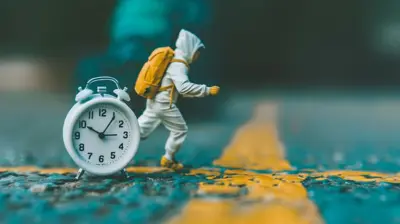
How to Manage Time as a Student and Amateur Athlete
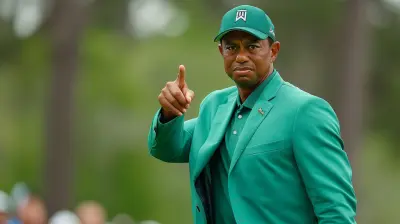
The Masters: Predicting Who Will Wear the Coveted Green Jacket

How to Stay Active When Your Amateur League Is on Break

Snowboard Maintenance 101: Keep Your Board in Top Shape
![From Role Player to All-Star: [Player Name]s Incredible Growth](/pictures/blog/small/from-role-player-to-all-star-player-names-incredible-growth_2.webp)
From Role Player to All-Star: [Player Name]s Incredible Growth
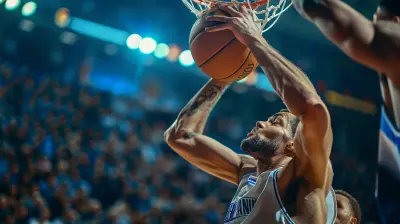
How to Handle Pressure Moments in Close Basketball Games

Why Flexibility Is Key to Better Snowboarding Control
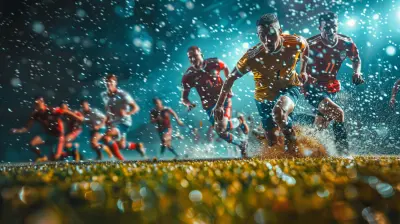
Transitioning from Casual to Competitive: What to Expect

Chronicling Human Endeavor: A Look at Sports on Film
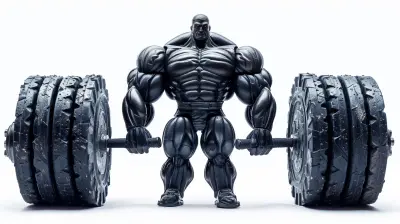
Building a Strong Core: The Key to Overall Strength Development

Evaluating Trade Value: What Makes a Good Deal?

How Analytics Are Shaping the Future of Basketball Strategy